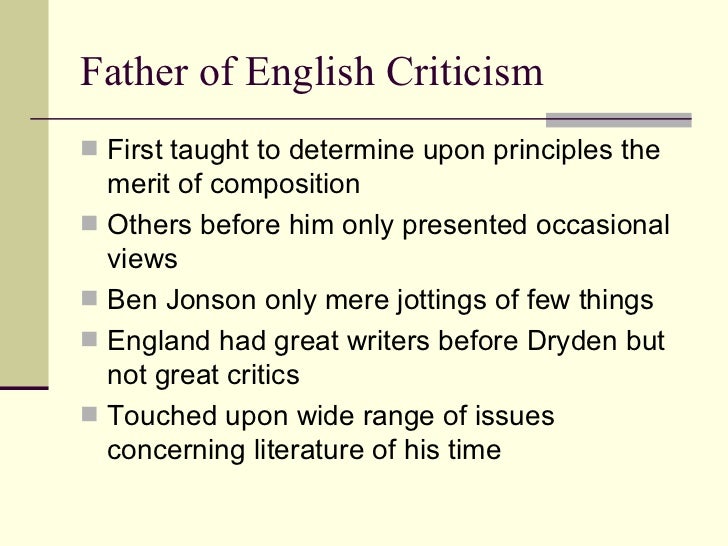Occasional John Definition
Posted onby admin
From Wikipedia
‘He made occasional furniture pieces such as tables and chairs, as well as picture frames.’ ‘Described as a desk, dining or occasional chair, it is designed with sufficient strength to support even a very large person.’.
- Noun Philosophy. A theory that there is no natural interaction between mind and matter, but that God makes mental events correspond to physical perceptions and actions.
- Jan 29, 2021 adjective usually ADJECTIVE noun Occasional means happening sometimes, but not regularly or often. I've had occasional mild headaches all my life. Esther used to visit him for the occasional days and weekends.
- Occasional driver insurance by definition is insurance used to protect someone who uses your car once or twice a week. Most often this would be a nanny, spouse, roommate, or even a post-secondary school student who uses their parent’s car every once in a while. The premium rate for occasional driver insurance is based on.
- An Occasional Oratorio (HWV 62) is an oratorio by George Frideric Handel, based upon a libretto by Newburgh Hamilton after the poetry of John Milton and Edmund Spenser.Handel composed the Occasional Oratorio hastily in January and February of 1746 and premiered it immediately on 14 February 1746.
| George Frideric Handel |
|---|
|
|
|
 (HWV 62) is an oratorio by George Frideric Handel, based upon a libretto by Newburgh Hamilton after the poetry of John Milton and Edmund Spenser. Handel composed the Occasional Oratorio hastily in January and February of 1746 and premiered it immediately on 14 February 1746. It contains 44 movements split over three parts. The famous chorus 'Prepare the Hymn,' a paraphrase of Psalm 81:1-2, is the 26th movement and appears in the Second Part. The second menuet from the Music for the Royal Fireworks Handel took from this oratorio.[1]
(HWV 62) is an oratorio by George Frideric Handel, based upon a libretto by Newburgh Hamilton after the poetry of John Milton and Edmund Spenser. Handel composed the Occasional Oratorio hastily in January and February of 1746 and premiered it immediately on 14 February 1746. It contains 44 movements split over three parts. The famous chorus 'Prepare the Hymn,' a paraphrase of Psalm 81:1-2, is the 26th movement and appears in the Second Part. The second menuet from the Music for the Royal Fireworks Handel took from this oratorio.[1]
References
- ↑ C. Hogwood, Handel: Water Music and Music for the Royal Fireworks Cambridge University Press, p. 133
Jonah Definition

Occasional John Definition Synonym
External links
Occasional John Definition Dictionary
- An Occasional Oratorio at gfhandel.org.
- Full-text libretto hosted by Stanford University.